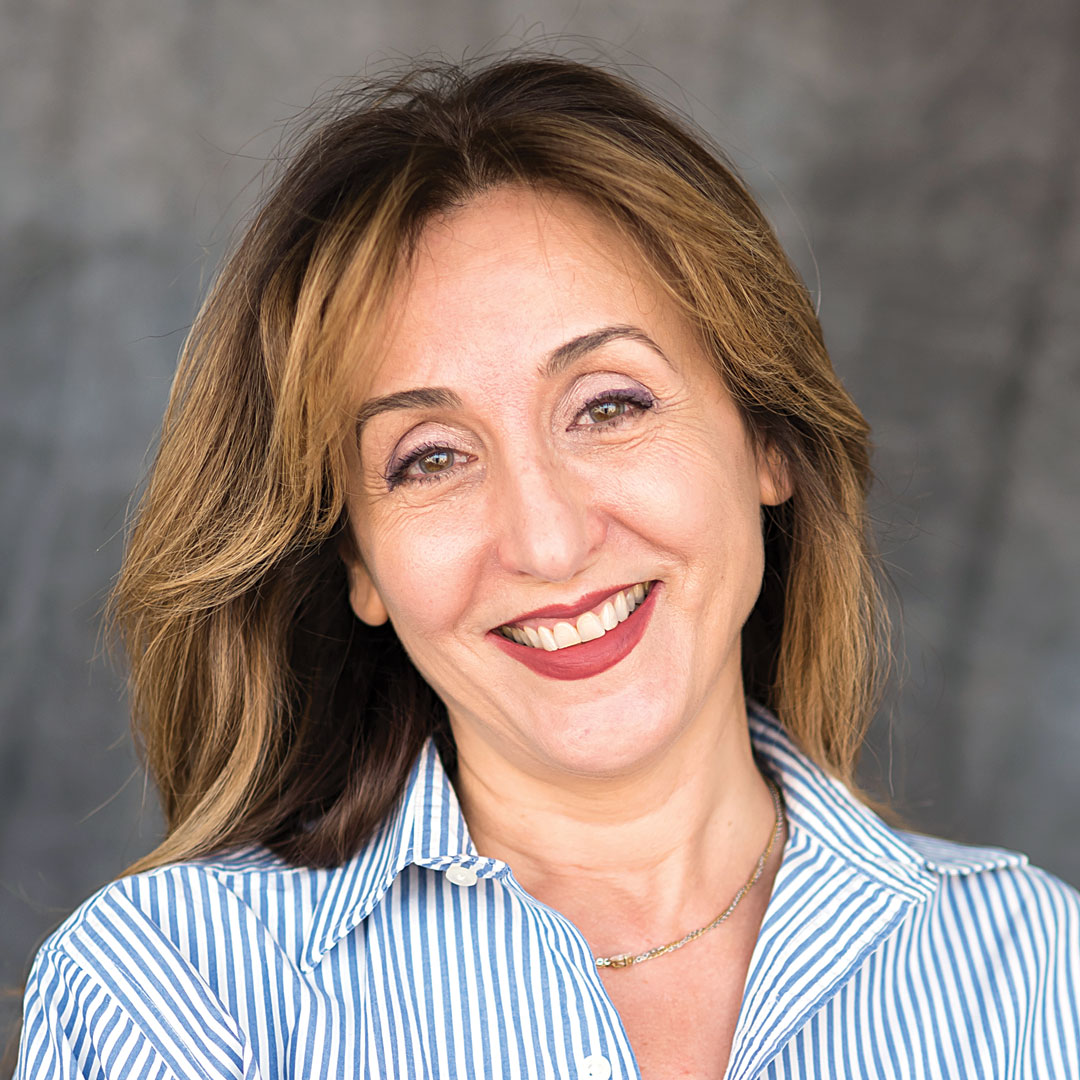 Photo from Pexels
Photo from Pexels In the morning, we sat around the dining room table, on the second floor of the house on Shah Reza Street, and listened to the man on the radio announce the day’s news with religious solemnity. My father, always in a suit and tie, ready to drive us to school on his way to work, sat at the top of the table, directly across from the French doors that opened onto the round balcony, and shook his head in disapproval every few minutes.
In his early 20s and with three young children, he spoke little and explained even less about what he objected to or why. To my mother, he muttered only that the news was “pure rubbish”; to us, he said, “Don’t say a word about the shah in school, not even in praise, not even if your friends or teacher bring it up.”
My mother, only a year younger than him, moved about in her long, red, organza and lace Scarlett O’Hara dressing gown, and chided him for “saying such things.” Below the balcony in the yard for as far as the eye could see, the seasons marched in Technicolor as my sisters and I drank sweet tea, ate bread and jam, and tried to make sense of the merry-go-round — the voice of God booming from the radio, our parents’ mixed messages, the nature of “rubbish” and the meaning of “such things.”
Iranians then, and perhaps still now, were a nation of news junkies with very firm opinions they knew better than to express in public. Politics was the most discussed and debated subject no one ever talked about. The daily papers, the nightly news on television, the morning radio broadcast were, I came to realize in time, broadly recognized as moonshine, yet religiously followed. The adults tracked the news not for what it contained, but for what was left out of it, or masked in half-truths, or simply, boldly, lied about. They knew from experience how to translate the fiction created by the kings and the generals, or interpret the facts deleted by government sensors, or glean the truths modified and implied, instead of stated, out of deference to the clergy.
They did this all day, every day, but never in public or within earshot of anyone who might be a secret police informer. Mostly, they also spared the children. They wanted to allow us a few years of innocence before we became cynics like our parents. They also wanted to avoid being “disappeared” by the secret police and their informers. Teachers, parents of other children, even some children served as the government’s eyes and ears.
My mother, intensely loyal to the shah as were nearly all Jews in Iran, did not believe in questioning his word. It didn’t matter if the “news” was real or invented as long as it served His Majesty and, by extension, all the good things he did for the country. My father, also loyal and equally appreciative of the positive aspects of the shah’s rule, nevertheless believed in the importance of truth for its own sake. He liked the shah but not his institutional fabrications, believed in God but not His “agents,” respected authority until it betrayed his trust. He knew there was such a thing as the lesser of two (or more) evils; that most of the time, most nations don’t have the luxury of choosing between good and bad, but the better and the less bad. He knew a secular monarchy, however oppressive, was less bad than a religious dictatorship, but he couldn’t stomach the price we were all asked to pay for keeping that monarchy in place.
For us in Iran then, and for much of the world still today, the price of having a state-controlled media, of a press that served authority and a government that silenced the press — for us, the price was a kind of emotional and intellectual subservience that slowly crushed the soul, made some of us bombastic imbeciles and others professional skeptics, kept us all in a constant state of fear and confusion, second-guessing our own powers of discernment, everyone else’s hidden motives.
We all felt this, I am sure. The shah’s die-hard fans and his most ardent opponents and anyone in between — we felt the diminishing, dehumanizing effects of having to be told what to think and believe. Some of us reacted by becoming little dictators and mindless autocrats. Some gave up entirely on trying to discern the veracity of things. The rest of us became professional skeptics who value, above all, having access to the facts, the alternative facts, and every possible spin and rendition of facts.
The rest of us go around every day thanking the stars and kissing the ground we walk on for the blessing of a free and independent press. Because when it comes to “fake news,” let me tell you, we’ve been there and done that.
Gina Nahai’s most recent novel is “The Luminous Heart of Jonah S.”























 More news and opinions than at a Shabbat dinner, right in your inbox.
More news and opinions than at a Shabbat dinner, right in your inbox.